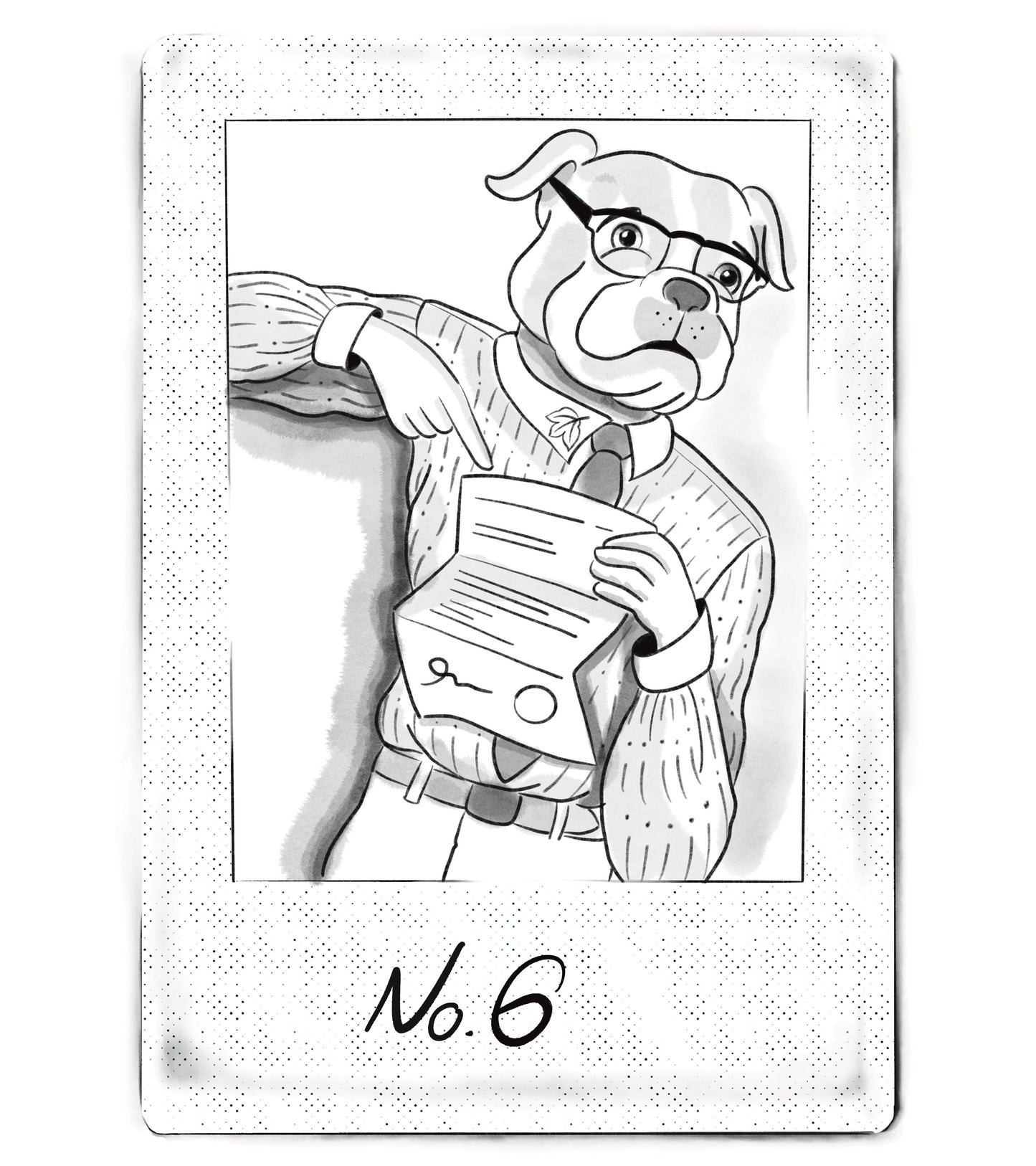
Surely an Ivy League degree leads to promising job prospects… or does it?
We’ve written before about the perceived reduction in college return on investment. But now, it seems higher education itself, particularly elite schools, can be a black mark on a graduate’s resume.
In Callum Borchers’ The Bosses “Who Don’t Care About Your Ivy League Degree,” he delves into the various reasons major industries have begun to stray away from their typical Ivy-educated hiring. According to those in the know, the usual target schools aren’t producing enough talent, which is partly due to an admissions process that muddles the line between merit and privilege. It doesn’t help that several top schools are subject to protests that create an echo chamber of hyper-woke sentiment, creating a polarized environment devoid of critical thinking and nuanced conversation. Borchers noted, “roughly half of professors and students are afraid to express their views on controversial issues.”
From consulting to finance to law, it’s clear that this growing distaste for the Ivy League is shared across sectors. Furthermore, take a look at our government: Vice President-elect JD Vance strongly opposes higher education despite attending Yale Law School.
So are the Ivies and other elite schools really losing their glamour?
As someone who attends one of these schools which Borchers and other critics are souring on, I understand their grievances. I do believe that higher education has lost some of its allure, in part due to decreased social and professional rigidity. There are more and more opportunities for and pathways towards success.
However, this shouldn’t render an education at an elite school a blemish. Instead, other factors should be taken into account in addition to, not lieu of, the brand of college. Those with a distaste for elite schools tend to rally behind the claim that class is a factor, and fail to see that elite schools aren’t slipping so much as other universities are improving.
Borchers’ piece ends on a quote from a New York Real Estate attorney, who refuses to hire from the Ivy League:
“It’s wonderful that we have these incredible institutions like Harvard and Yale, who produce presidents and leaders and big thinkers,” he says. “But that’s not what I do for a living, and it’s not the type of lawyer I need.”
Ironically, even a staunch opponent of the Ivy League acknowledges that top schools yield such prominent figures. It’s almost as if he takes issue with how highly ambitious Ivy graduates are. The Crew agrees that while elite schools grapple with valid critiques, their ability to adapt to the current job market suggests they are far from irrelevant.




